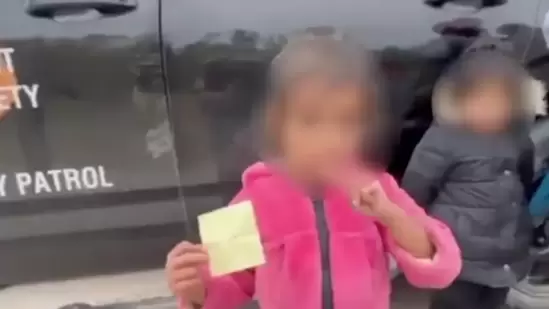
Q. When did you know that you had Covid-19? What was your first thought?
A. low-grade fever from the beginning of June refused to succumb to normal flu antibiotics. Then, on the sixth day, I lost my sense of smell. That is when my doctor ordered me to take the Covid test, and within hours I learnt that I was positive. My first thought was: “What the hell! I have been diligently locked down since mid-March. Have not stepped out of my house and yet…”
Q. Tell us how you fought against the disease.
A. The fever continued for another five days. Eleven days in all. I was coughing, but unlike what they say, it was not a dry cough, but phlegmatic. Medicines suggested were two days of ‘invermectol’ and doses of ‘zincovit’ and vitamin C to build immunity. In addition, I used the magical Ayurvedic anti-fever powder “Mahasudarshan” and also took turmeric milk (haldi doodh) which helped me to build immunity and get my chest to clear. While the symptoms were all mild, what was distressing was the acute tiredness and listlessness. That needed a lot of will power to overcome. Also, six-hourly monitoring of fever and oximeter readings for oxygen saturation was tedious. But doing that is absolutely essential to prevent Covid from slipping into a serious coma.
Q. What kept you motivated during this? How was your family’s support during your treatment?
A. I kept my mind sharp and did not let the illness bog me down. I was thinking of future projects and what all needed to be done. Keeping the mind positive is key to early and complete healing and tricking the virus. Family support is also key. One feels like eating light food only. And to be served hot healing food was a blessing. Also, regular WhatsApp conversations, jokes and other shares makes one feel connected and not isolated even in quarantine. The key is physical distancing not social distancing.
Q. Many people are stressed and fearful of the disease. What is your advice to them?
A. The culture of fear around the virus, the overflow of misinformation and the media hype in fanning such distress must be recognised and discounted. Most people will catch the virus, that is why it is labelled a pandemic by the WHO. But most will display only mild symptoms; while many will remain asymptomatic. Monitoring is key, and the moment oximeter readings drop, high quality medical care is urgently warranted. But for the mild-symptoms victims, home-care and local community support can do the deal. My Covid-19 mantra is: “No fear, no panic, no stigma, no discrimination.”
Q. The pandemic has put everything to an indefinite halt. The future of stagecraft too looks uncertain.
A. Yes, everything has changed, especially in the world of performances and the performing arts. The continuing need for physical distancing has put a full stop to performances. This situation may well continue into 2021. The arts community has reacted to this with hectic performances online. While that can be fulfilling to the ego, it will neither fill pockets nor stomachs. So, until we find a way of monetising online performances, my suggestion is not to give away everything for free. Lectures, sharing of experiences are ok. But performing without remuneration will kill the last vestige of dignity for the performing arts.















